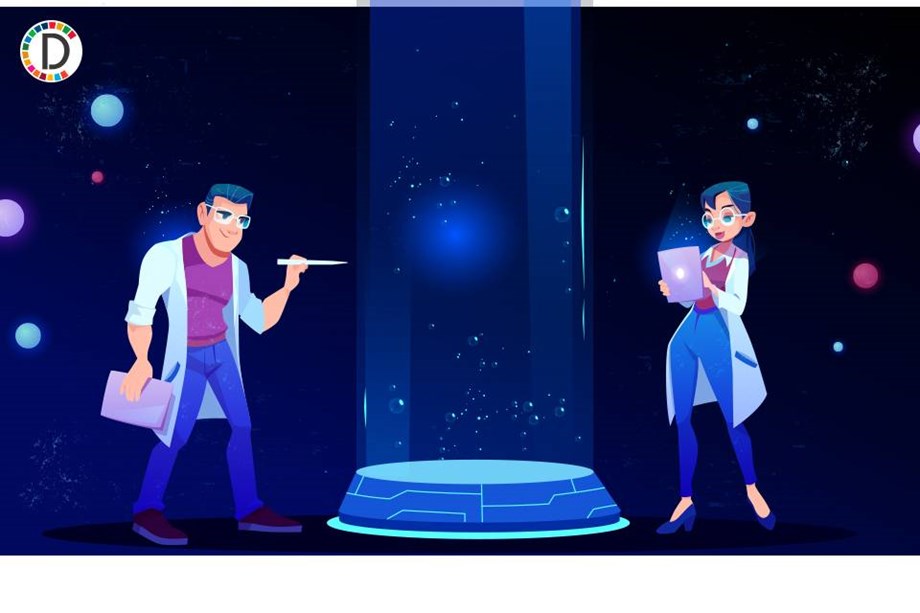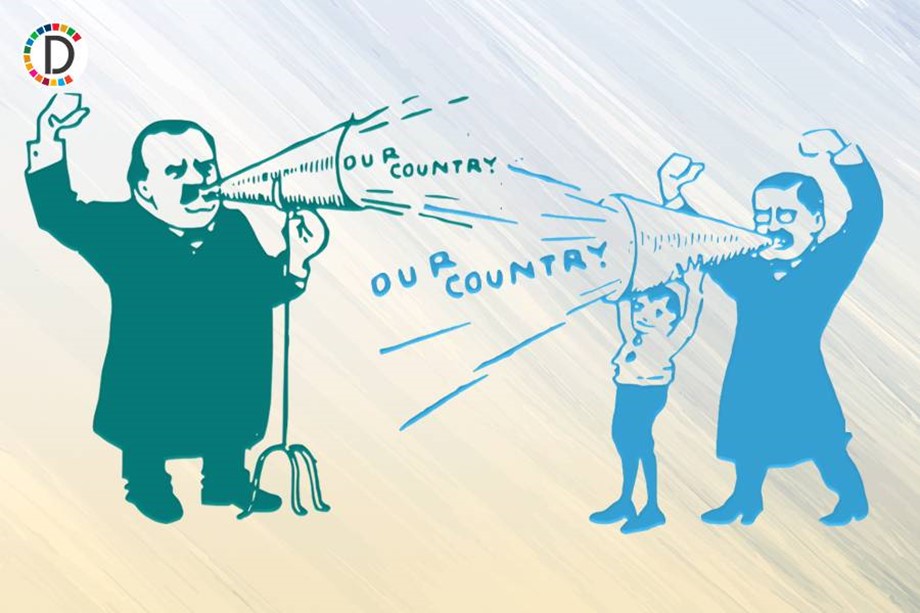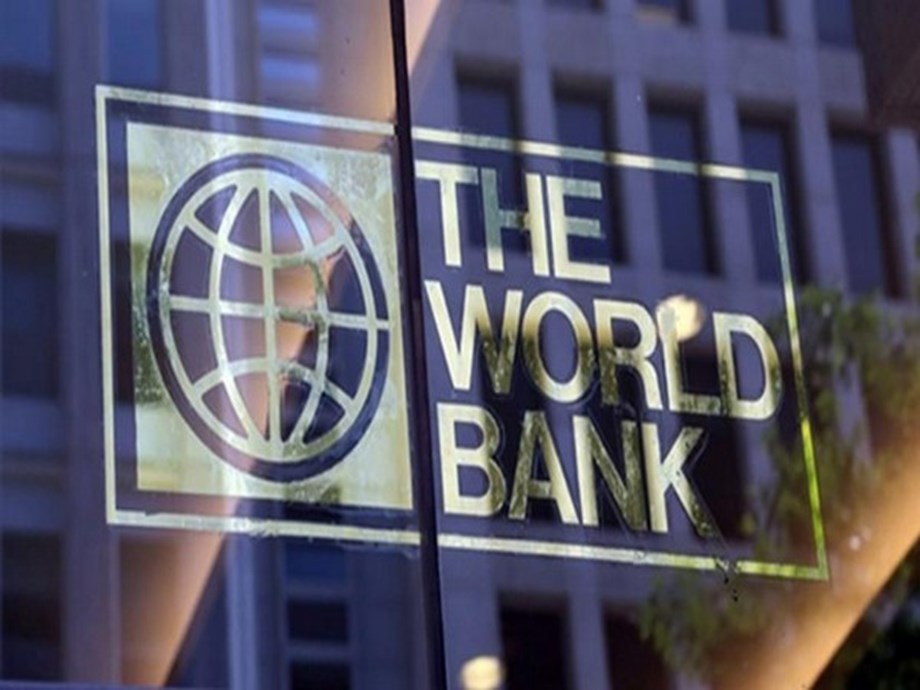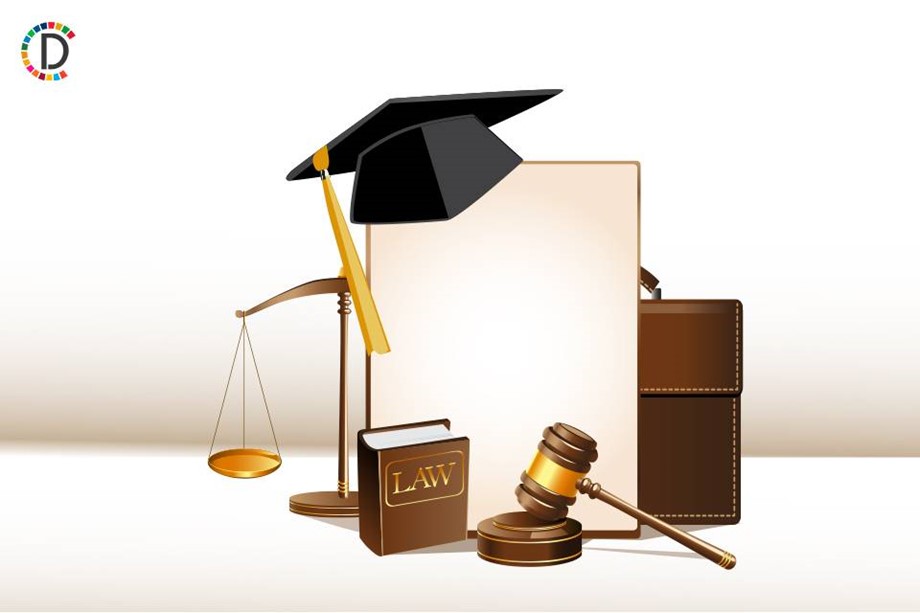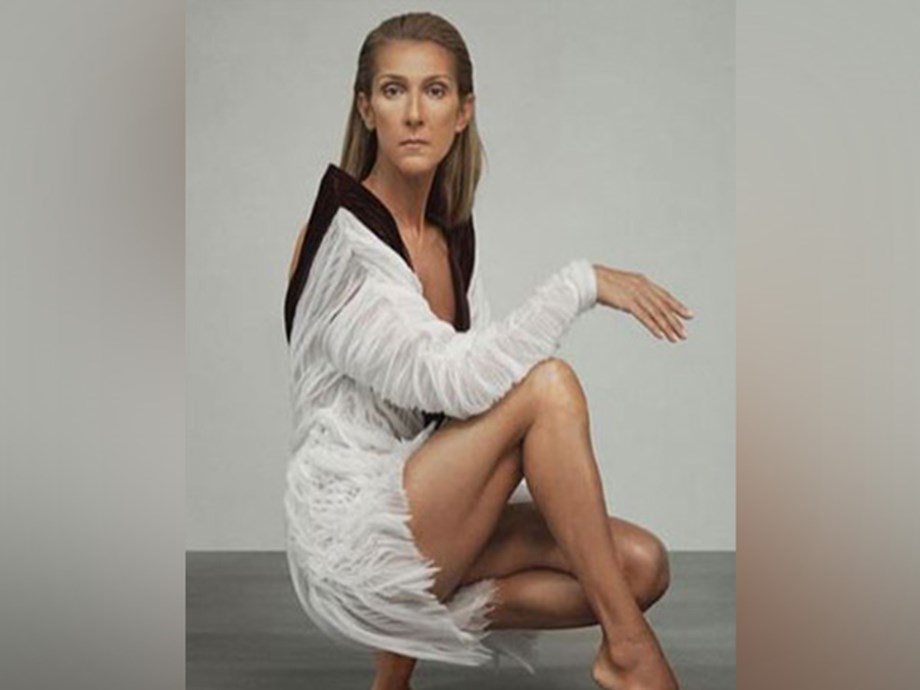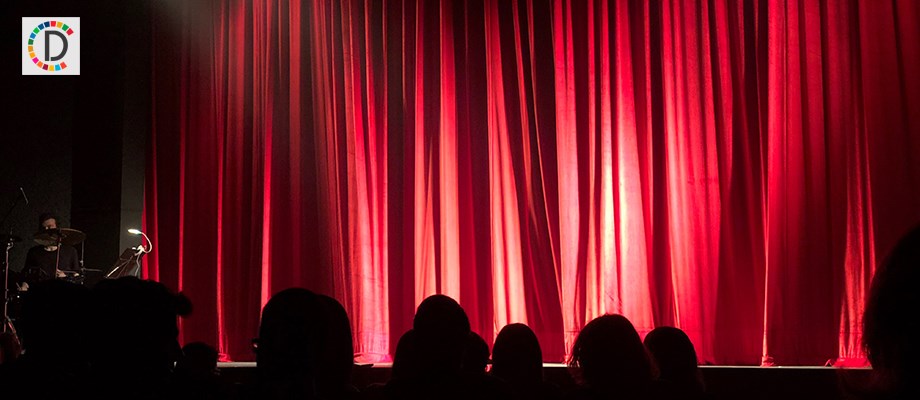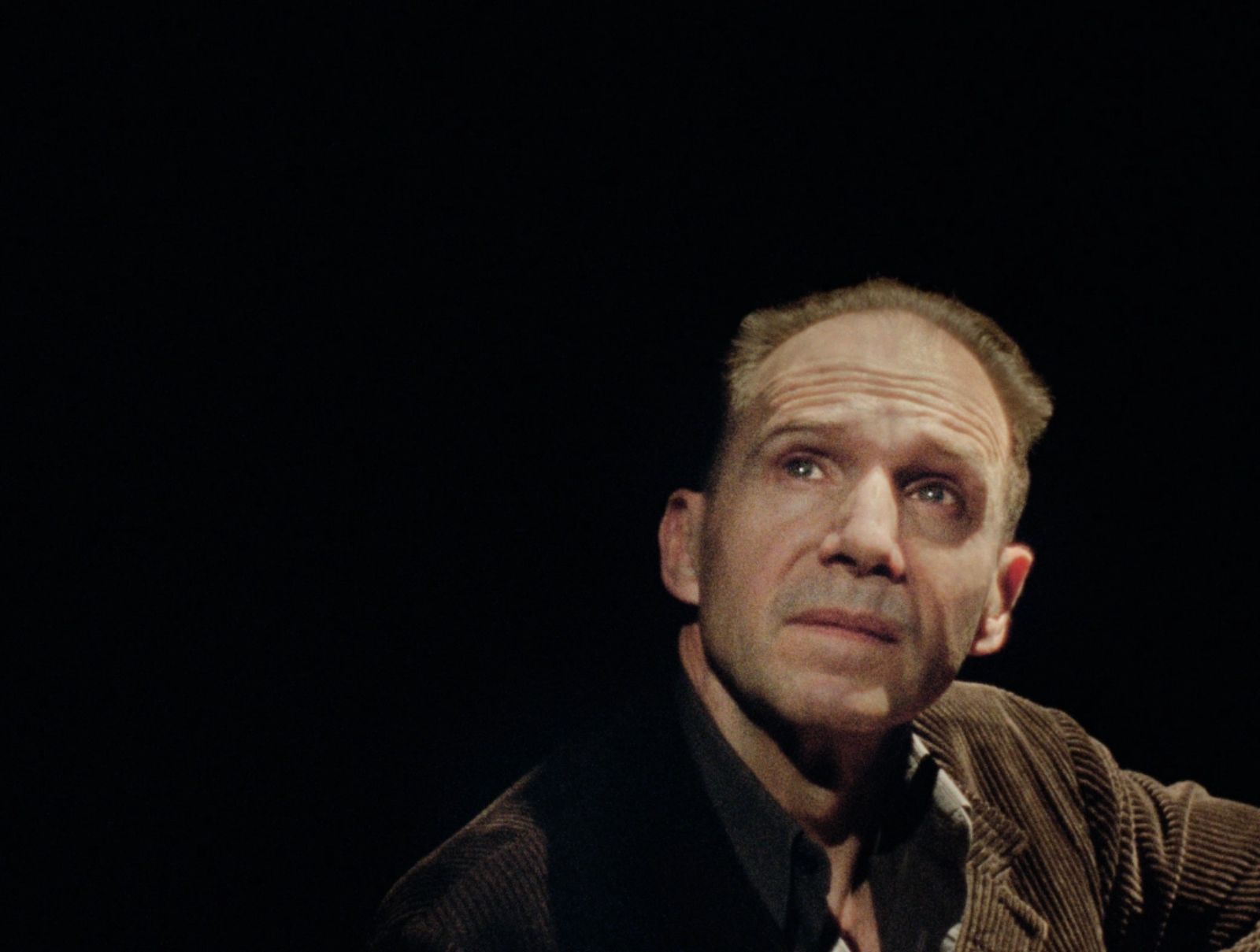
T.S. Eliot’s Four Quartets Review: A Masterpiece Recited & Reimagined For Our Perilous Times
Art made during COVID––more specifically during quarantine and before / at the very beginning of the vaccine rollout––will surely hold an added weight as history is written. In those very hard (and very recent, and in some respects, very current) times, what did we write? What did we read? What did we watch? T.S. Eliot’s Four Quartets, directed by Sophie Fiennes and performed by her brother Ralph, is a decidedly worthwhile artifact of this precarious time.
An adaptation of the series of four poems (Burnt Norton, East Coker, The Dry Salvages, Little Gidding) written just before––and then during––World War II by Eliot, the film is an elevated recording of the stage performance Ralph Fiennes took on in 2021. Fiennes himself is credited with the stage direction, his sister with the film direction, both working well. Hildegard Bechtler’s production design is spare yet effective, the lighting by Tim Lutkin pointed and emotional. The camera remains mostly stationary, though the editing jostles between full-frame wides and quietly intense close-ups. None of this is meant to challenge Fiennes himself, who is the draw and the central focus––well, he and Eliot. Coming in at a brisk 80 minutes, the film often feels like a tactile representation of the general existential crisis the world was (is?) going through. Other times it’s a bit rote. But the good outweighs the bad here.
It is frankly astonishing how contemporary nearly every word sounds despite these poems having been written over 80 years ago. Ralph Fiennes interprets the works as a sort of crescendo-ing reasoning with both life and death. He often marvels at the might of this natural world we live in, then laments our destructive proclivities. Eliot explored similar territory in his masterpiece The Waste Land. The film’s peak comes somewhere in the third section (The Dry Salvages), a sequence both the actor and the production have clearly built towards. The opening starts at a ten, images of the sea transitioning to Fiennes as sound effects blare. He then yells the poem’s title dramatically. This is perhaps the most direct of the four works, written in 1941 during The Blitz. There are obvious parallels to be made between the time of The Dry Salvages’ inception and the film we’re watching. For much of 2020 and into 2021, most of us dealt with some version of isolation. Watching Fiennes reckon his own mortality through this timeless poem can be equal parts laborious and constructive.
By the final piece there is both a feeling of inevitability and resiliency. An acknowledgement of our transience and our endless ambition. As he proclaims: “What we call the beginning is often the end And to make an end is to make a beginning.” Both Fiennes siblings are smart to never get in the way of Eliot’s words. By simply putting them in front of us and adding some air underneath, the film becomes a piece all its own, made for now.
T.S. Eliot’s Four Quartets is now in limited release.
Grade: B







